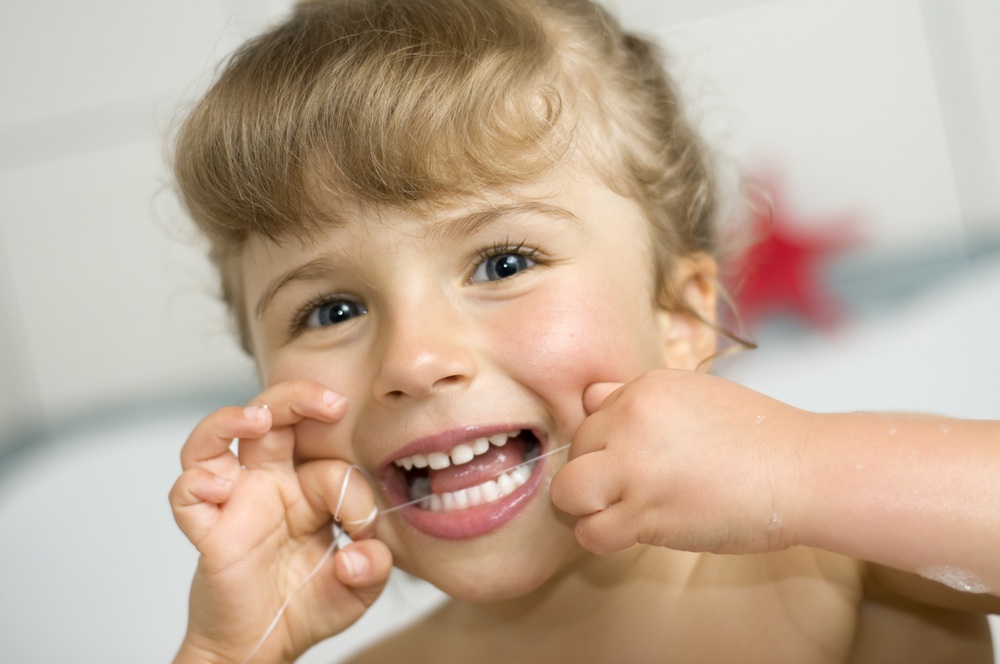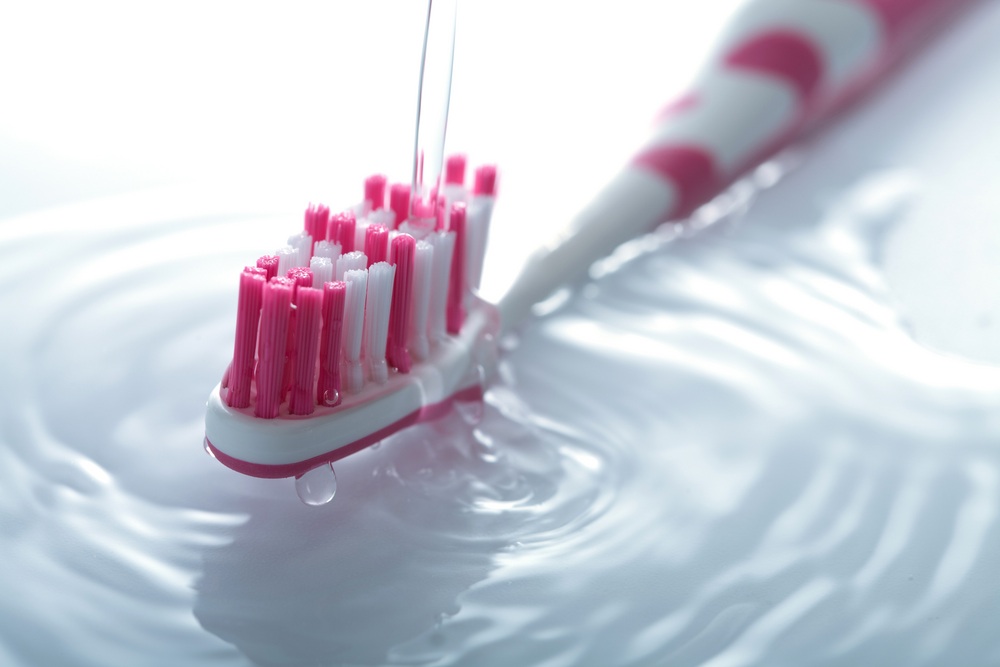Good oral health is essential to prevent tooth decay and gum disease and to achieve normal growth and development of the mouth, jaws and teeth. The primary (baby or milk) teeth keep space in the mouth for the adult teeth. A healthy mouth and healthy teeth make eating for your child more effective and enjoyable. A nice smile and nice teeth will also help to develop your child’s confidence and self esteem. The following tips should help you with maintaining good oral health in your child.

1. Brushing
Plaque is a build up of bacteria on the teeth and if not regularly removed may cause tooth decay, gum disease and even tooth loss. Start to brush your baby’s teeth once the first tooth appears. Encourage your toddler to start toothbrushing at an early age also but always make sure that you still clean his/her teeth twice a day as well.
Brush for a full two minutes. Brushing your child’s teeth at night time is particularly important. Children can generally brush their teeth by about 8 years of age but continue to supervise their toothbrushing. You can check how well your child is brushing by using disclosing tablets which show the areas where plaque has been left.
2. Fluoride
Fluoride is very important to prevent tooth decay. Use a toothpaste with approximately 1000 ppm / 1100 ppm of fluoride for your child and always make sure that you dispense a small pea-sized amount on your child’s toothbrush. Your child should spit the toothpaste out and should not rinse his/her mouth after brushing. He/ she should avoid swallowing the toothpaste as too much fluoride can be harmful.
3. Diet advice
When plaque reacts with sugar in the mouth, it produces harmful acids that are the main cause of dental problems. The more sugar in your child’s diet, and more importantly, the more often sugar is in the mouth, the greater the opportunity for the bacteria to produce acids that cause tooth decay. Stop bottle and breast feeding your infant by 12 months of age. Never put sweet liquids such as juice in your infant’s bottle or in a feeding cup.
Avoid sugary snacks (e.g. sweets, chocolates, dried fruits, biscuits) and sugary drinks (e.g. fruit juice, soft drinks and fizzy drinks) between meals and bedtime. If your child is thirsty between meals, give him / her pain water. Use sugar-free medicines where appropriate.
4. Fissure sealants
The fissures and grooves on the biting surfaces of the primary and permanent molar teeth may be particularly deep and inaccessible to proper toothbrushing. Your paediatric (children’s) dentist may recommend the placement of sealants (plastic coatings) on the biting surfaces of these teeth in order to prevent tooth decay. This is a very worthwhile preventive measure especially if applied on the first and second permanent molar teeth once they are fully erupted. Your dentist will monitor the fissure sealants as they will wear over time and need repairing or replacement.
5. Flossing
There is generally spacing between your infant and toddler’s teeth when they first appear in the mouth. These gaps tend to close between the molars after the first few years. Flossing can help to clean the surfaces between teeth which a toothbrush cannot reach. Decay can begin between the teeth but flossing may prevent this. The use a flossette may help to make flossing your child’s teeth easier. Generally, your child will need help with flossing until their teens.
According to this cosmetic dentist in Ballwin, flossing should become a daily routine as soon as your child has two teeth that touch. It’s best done at night to remove food particles and plaque before bedtime. Using gentle motions and being patient can help your child get used to the sensation, making it a more comfortable and positive habit over time.
6. Prevention of Trauma
More than a third of all children experience injury to their front teeth by their teenage years. If your child damages his/her front teeth, contact your dentist or a paediatric dentist immediately to get advice about what to do.
Make sure that if your child plays contact sports (e.g. football, rugby, baseball, etc.) that you ask your paediatric dentist about making a mouthguard for your child. If your child’s upper front teeth are very prominent, your paediatric dentist may refer your child to an orthodontist in London so that braces can be considered to straighten your child’s teeth. It’s wise to consider Invisalign London from a young age, as straight teeth contribute to maintaining a healthy smile.
7. Regular dental check-ups
Schedule an appointment with a paediatric dentist when your child’s first teeth appear or at least by about 12 months of age. It is important to take your child to your paediatric dentist from an early age and ask about preventive care so that problems such as tooth decay and gum disease can be avoided. Your paediatric dentist will also monitor normal growth and development of your child’s teeth and mouth. Your paediatric dentist will schedule visits for your child every 6 months or more frequently if needed. Your paediatric dentist will aim to provide your child with a positive dental experience so that maintaining a healthy mouth becomes a lifelong goal.
In some cases, you might need to explore options for a comprehensive tooth decay treatment, especially if early signs of decay are detected.
THE AUTHOR OF THIS ARTICLE:
Dr Evelyn C Sheehy, BDSc, PhD (University of London), FDS (Paediatric Dentistry) RCS (Royal College of Surgeons of Edinburgh), Certificate in Paediatric Dentistry (Tufts University, USA). Dr Evelyn C Sheehy is a Consultant & Specialist in Paediatric Dentistry currently available at the Dentexcel Practice www.keithcohen-dentist.co.uk




